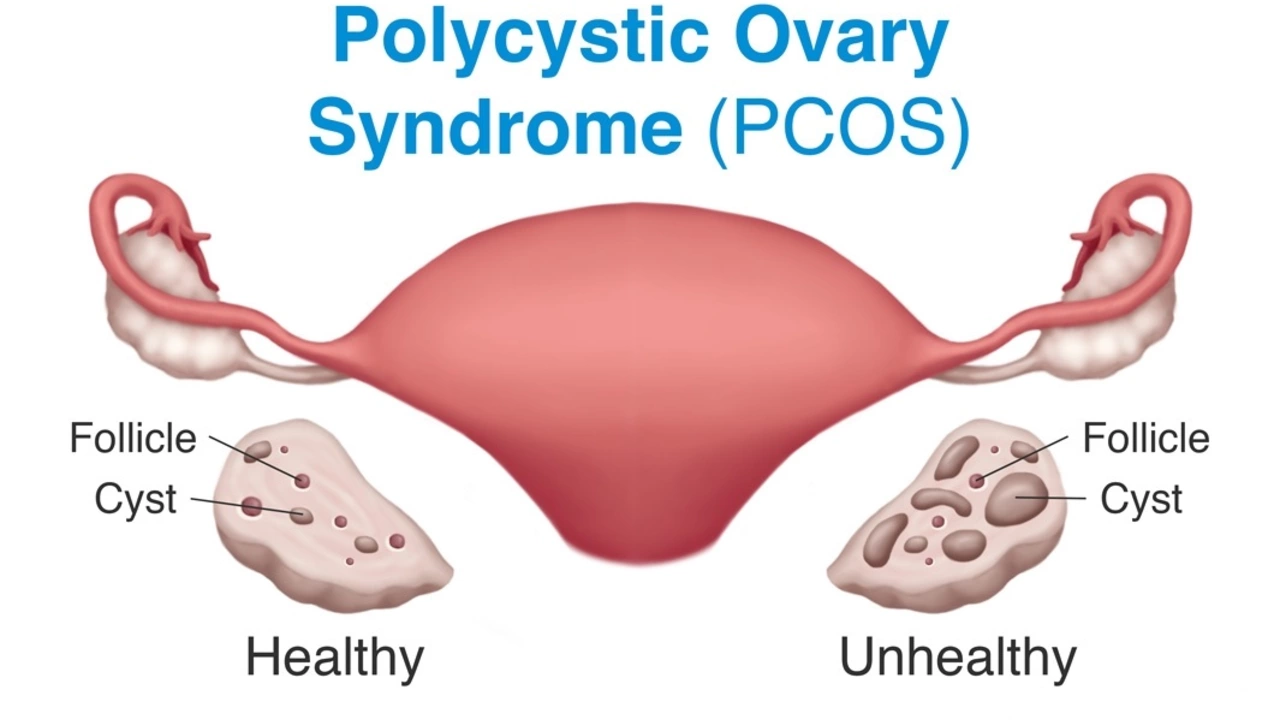Vaginal Burning: What’s Going On and How to Feel Better
Feeling a burning sensation down there isn’t something to ignore. Vaginal burning can pop up for a bunch of reasons, from infections to irritations caused by chemicals or even dryness. It’s uncomfortable and sometimes quite painful, but knowing what could be behind those symptoms helps you figure out your next steps.
One common cause is a yeast infection. This usually comes with itching and thick, white discharge. It’s easy to treat with over-the-counter creams or oral medicine, but if it keeps coming back, seeing a healthcare pro is smart. Another frequent culprit is a urinary tract infection (UTI), which might cause burning while peeing plus other symptoms like urgency and cloudy urine.
Other Causes to Watch For
Besides infections, vaginal burning can come from irritation due to soaps, detergents, or scented products. Sometimes tight clothing or sweating can make things worse. Hormone changes, especially during menopause, can dry out vaginal tissues, leading to burning and discomfort. If you recently started a new medication or have an allergy, that could also be the trigger.
What To Do When Vaginal Burning Hits
First up, avoid anything that might irritate your skin further—skip scented soaps, bubble baths, and harsh detergents. Wearing cotton underwear and loose clothes can give your skin a break. If you think it’s dryness, using a water-based lubricant or vaginal moisturizer might help a lot.
If the burning sensation sticks around or you notice unusual discharge, pain during sex, or fever, it’s time to see a healthcare provider. They can check for infections or other conditions and suggest the right treatment. Don’t try to self-diagnose if symptoms worsen; professional advice ensures you get the proper care fast.
Remember, vaginal burning is a sign your body is asking for attention. Don’t hesitate to listen and act. Taking simple steps early on often clears things up quickly and keeps you comfortable.
The Connection Between Vaginal Burning and Polycystic Ovary Syndrome (PCOS)
In my recent blog post, I delved into the intriguing connection between vaginal burning and Polycystic Ovary Syndrome (PCOS). I discovered that hormonal imbalances caused by PCOS can lead to vaginal dryness, which in turn triggers discomfort and burning. It's important to note that vaginal burning isn't a direct symptom of PCOS, but rather a side effect of these hormonal changes. If you're experiencing these symptoms, it's critical to consult with your healthcare provider for appropriate treatment. Remember, understanding your body and the possible signs of conditions like PCOS is a crucial step in maintaining overall health.

